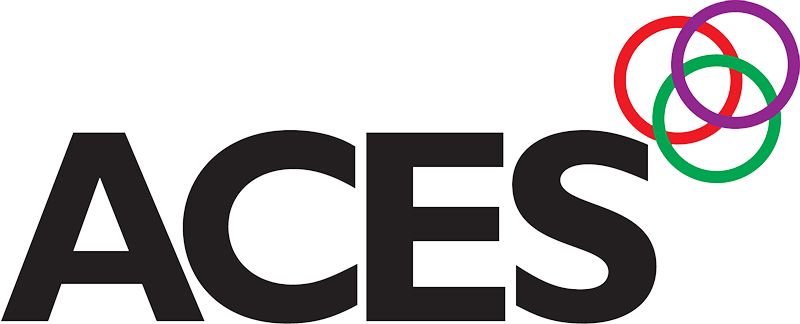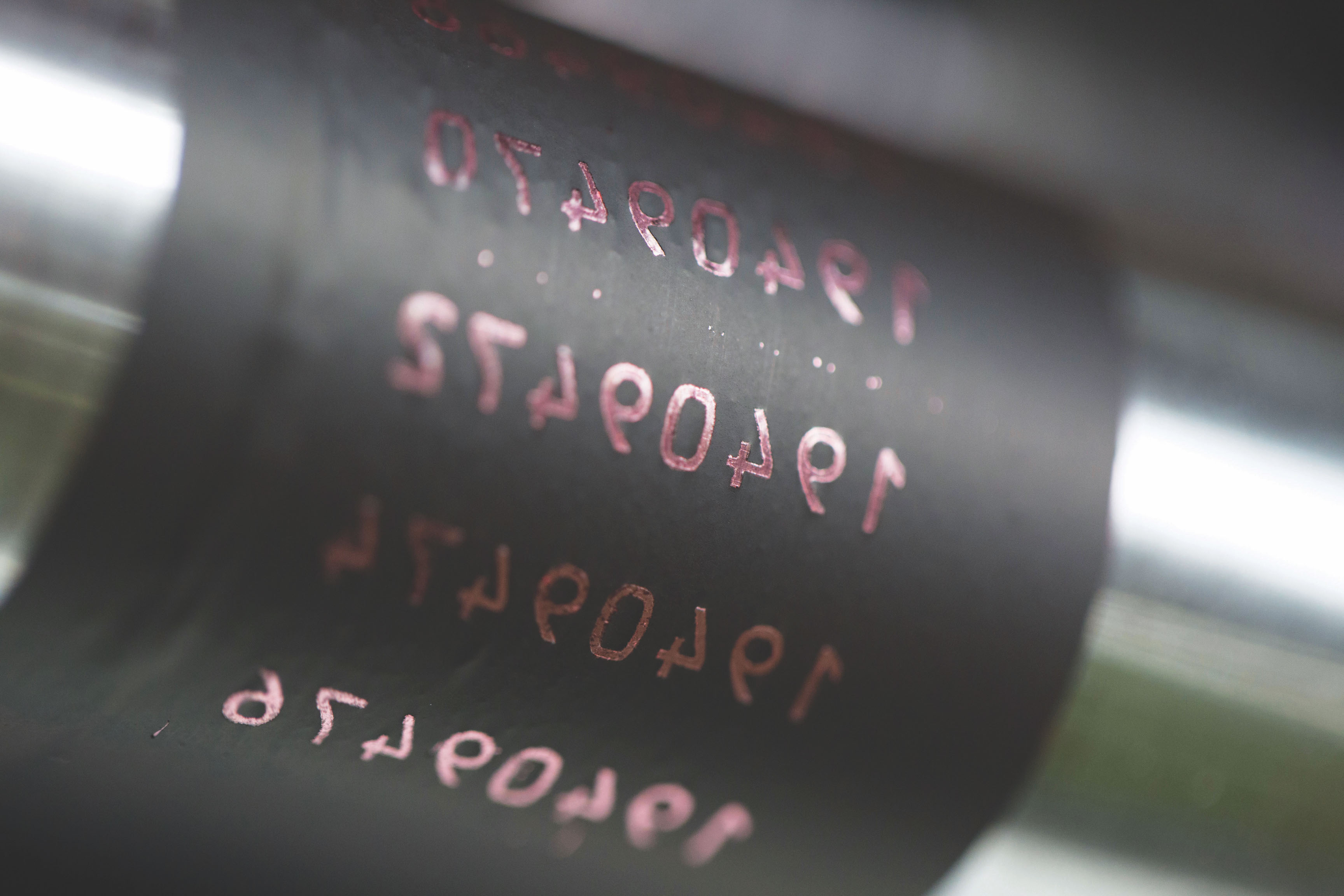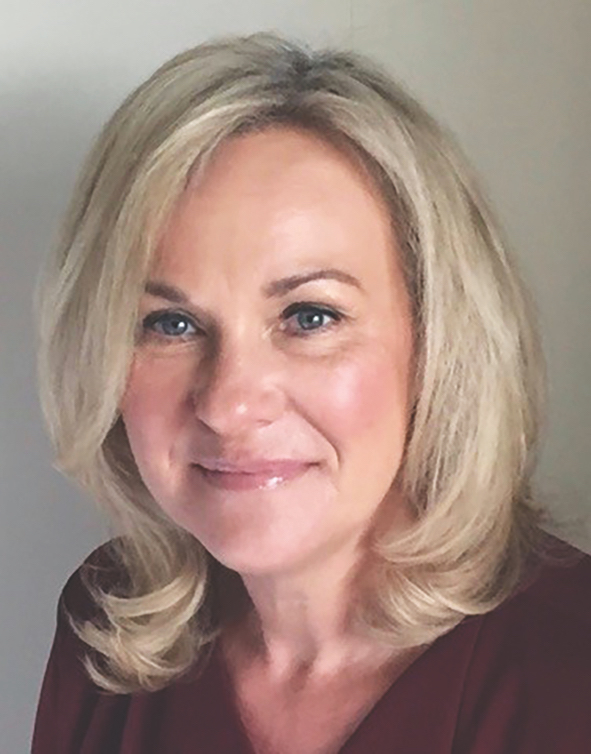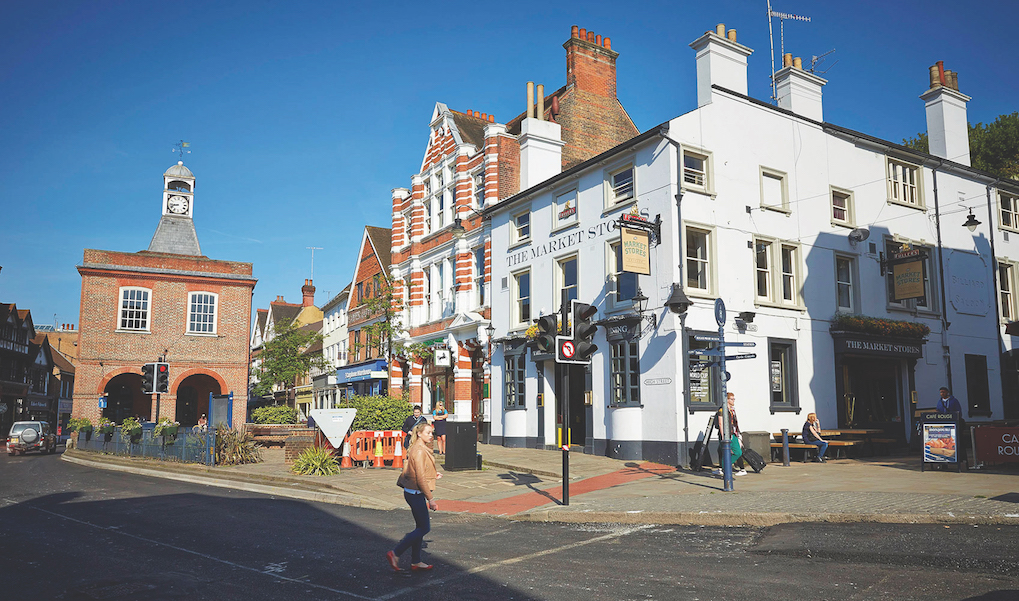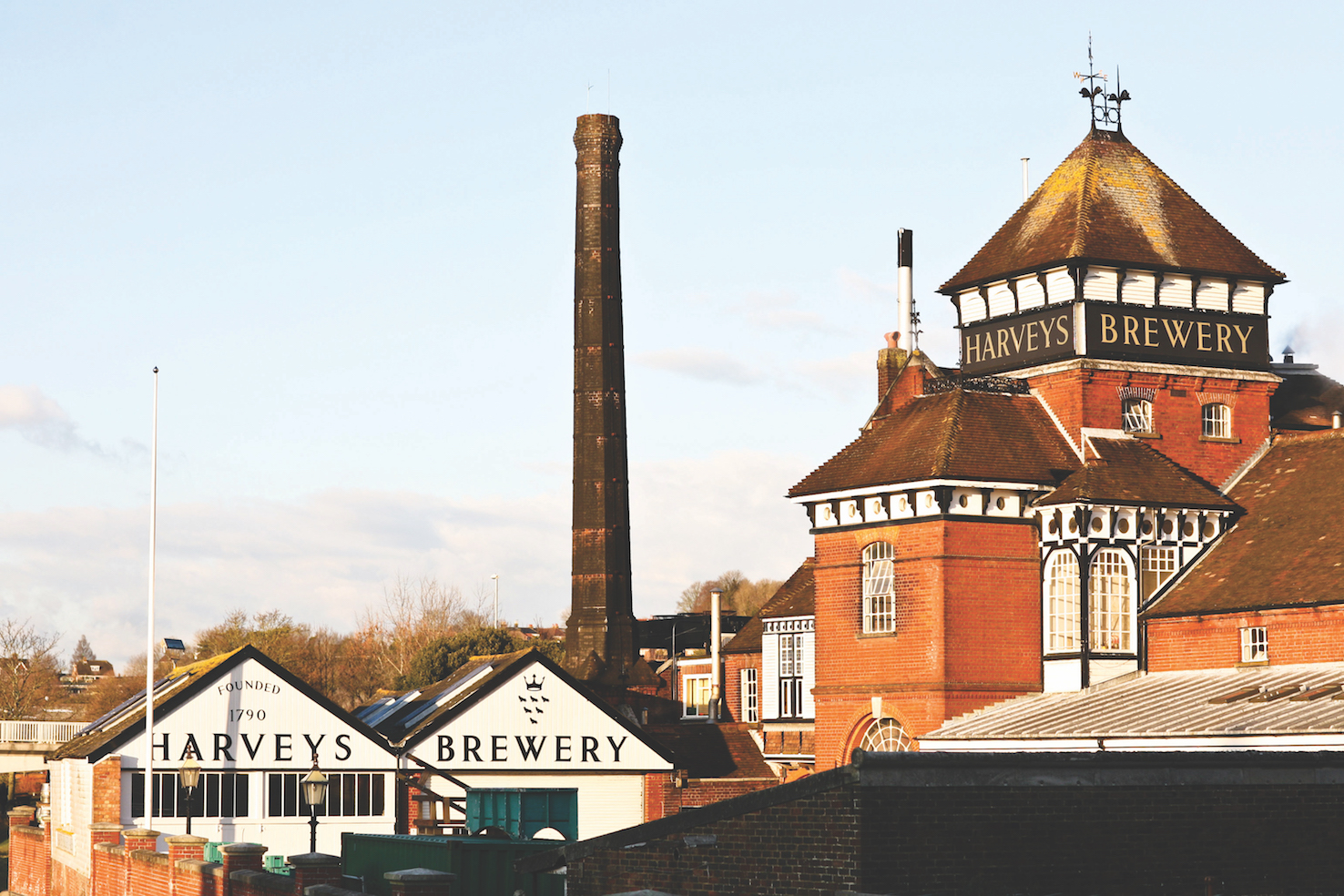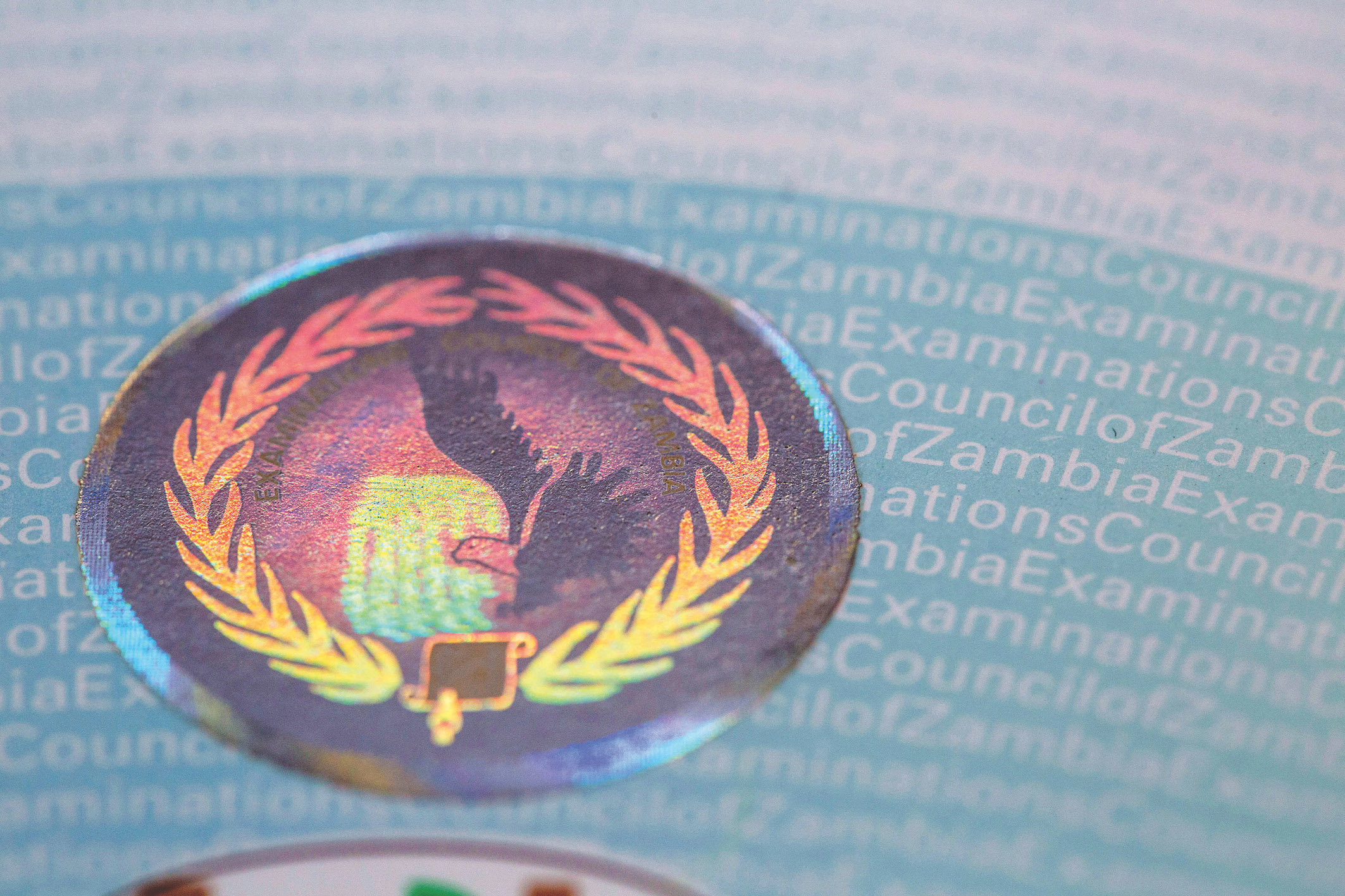
Smith & Ouzman has been trusted with the printing of secure documents such as cheques and ballot papers for over 70 years, and the Ouzman family’s involvement in the printing business can be traced back to 1845. Ian Trevett met with Dinah Ouzman, Local Business Development Manager and Adam Jeacock, Head of Marketing & Business Development, to find out more about this global organisation.
Immediately upon visiting the print-works, it is clear Smith & Ouzman is quite different to other companies. The reception area is a small lobby with a single phone on the wall, there is no receptionist in sight and there’s a vault grade security door with biometric entry. There is, of course, a reason for this, the overriding priority of the company is security and no-one is invited past the lobby until properly checked over and authorised.
Smith & Ouzman has contracts all over the world and has all the expected accreditations and ISO rubber stamps you’d expect of a company that can only exist if it is implicitly trusted. The thing about security is it’s hard to tell the world what you do. Case studies are impossible if you guarantee your clients complete anonymity. But Smith & Ouzman doesn’t just produce gift vouchers, examination certificates, election material and cheques, it also offers a vital service for local companies looking to comply with the unavoidable requirements of GDPR.
But first who are Smith and Ouzman?
The Chairman and Managing Director is Phil Ouzman, his wife Dinah joined the company a year ago to develop local business opportunities. The surname suggests that there is a long-standing connection with the business:
“Phil’s great-grandfather Jack Ouzman established the company in 1946 with Charles Smith,” explains Dinah. “Phil is the third generation to be involved and being part of such a long-standing family firm he has seen many changes over the years: “We credit our longevity with two main driving forces – an unquenchable determination to innovate and lead the field in printing technology and a commitment to the ‘old fashioned’ values of personal service and minute attention to detail. In our opinion one approach doesn’t succeed without the other”.
“Since the advent of computers there has been talk of the paperless office but in today’s digital world hard copy documentation is still as important as ever, people love the physical aspect of a bit of paper or a photograph to look at. They like something to hold and to feel, and so we are bridging that gap, we can provide both. For examining bodies, for instance, we can print a physical certificate with built-in security or we can produce an online certificate with the same level of security.”
Print certainly survives, but what does ‘security’ printing actually mean in practice?
Dinah replies: “We use specialised inks and paper only available to a company such as ours, watermarks, holograms, UV and thermochromic components – there are many different types of security features that we can add depending on the customer’s requirements.
A lot goes into a properly designed security feature - some overt and some covert. “Taking gift vouchers as an example, they need to have a security element such as a hologram, which is difficult for fraudsters to recreate but is also instantly recognisable to someone on the till”, that is an overt feature. A covert feature would be one such as a UV watermark which only shows up when a ultraviolet lamp is shone upon it.
Creating products of such value or political significance means there are always people out there trying to cheat the system. I ask Dinah how the company keeps ahead of the fraudsters?
“Phil spends much of his time keeping abreast of new developments, he is always reading specialist articles or attending conferences such as ones delivered by Intergraf (The European Federation for Print & Digital Communication). We collaborate with the manufacturers of the specialist inks and others in the industry and we are constantly working on different security features to outwit the fraudsters.
So what are the biggest threats in the 21st Century? Adam Jeacock replies, “The biggest risk of fraud right now is probably overseas examination certificates. In the US and in China you can legally order a ‘novelty’ certificate from a ‘diploma mill’. Essentially you can go on the internet and order a certificate, these can be good enough to fool people.
“There is a risk to the reputation of educational institutions, but the bigger risk is that of identity fraud which could be used for organised crime or terrorist activity. This is why it’s a requirement for all UK education certificates to carry security features and conform to Ofqual requirements.
“As an example, A Level and GCSE certificates are managed by awarding bodies; they aren’t actually managed by the school or the college. There are various awarding bodies that manage GCSEs and A Levels, so they are the ones that procure the certificates. The same applies in the CPD (Continuous Professional Development) sector where bodies such as the Chartered Institute of Management Accountants or the Chartered Institute of Marketing issue the certificates.
“There’s a government-run awarding body that regulates all awards. You can’t just set yourself up as an awarding body, you have to be accredited. They oversee such things as data protection and they investigate falsified certificates. All certificates have to meet their criteria”
As well as innovating on print and digital printing, Smith & Ouzman has invested heavily in IT systems and data protection. Dinah says, “We have a large IT department because that’s hugely important nowadays. GDPR insists that companies look after their customers’ data, but being robust and secure has always been important for us.”
DOCUMENT STORAGE
Smith and Ouzman is an international business, but it also offers an important secure storage solution for businesses in East Sussex, which goes above and beyond the service typically offered by a self-storage site.
“With GDPR approaching we have seen growth in secure document management”, says Adam Jeacock. It is a legal requirement for a limited company to keep records for six years, some businesses have to keep them in perpetuity but where do you keep these sensitive documents?
Dinah Ouzman has the answer, “The physical document storage service we offer is particularly useful for local businesses as there is no one else supplying this service in this area. Using office space for storing large quantities of paperwork is a waste of resources and can be an expensive drain, it also leaves you open to data being lost, stolen or destroyed by fire. Our eKeeper product offers secure storage, online retrieval and destruction with auditable processes”.
“Each customer is given their own online portal to keep track of their documents. The documents will be logged from leaving their office, to “in transit” and then in “secure storage”. Once in our secure warehouse facility the customer can easily use the portal to request that documents be returned or more collected. The digital part of the business makes it more user-friendly because we are all used to using the computer nowadays, we don’t want to pick up the phone we’d rather just login and make a couple of clicks.
“We offer two plans based on how often you will need to access your documents, prices start at just 40p per month per archive box, our second plan includes free collection and free delivery in Eastbourne - we’re just making it a little bit different and more customer focused.”
“Businesses can start with as little as one box, we don’t mind how many they want to keep with us. We can come and collect or the customer can come to the warehouse for a click ‘n’ collect option. If certain documents have to be kept for six years we can notify them when that box has hit its sixth year, they can then use the portal to authorise that the box be shredded and a certificate of destruction is issued.
“Our facility has been used to store our security paper over the years, so the humidity is perfect for paper whereas a lot of storage companies may have an impressive website but the reality is a barn at the back of a farm which is damp, with no fire precaution and no security apart from a padlock. Our warehouse is an unmarked building with alarms that are monitored 24/7, CCTV and key codes.”
“We are trusted by universities, local authorities, corporate businesses, banks and government departments to protect them and their customers from fraud and forgery, and we would be delighted to do the same for local businesses as well.”

